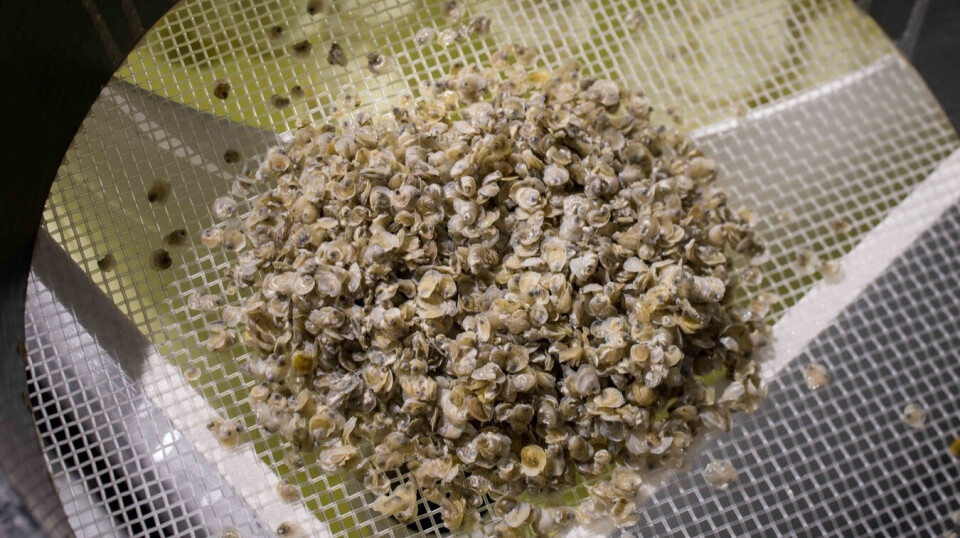
Alliance of science and shellfish skills seeks to save European oyster
Three Scotland-based companies and Edinburgh's world-famous Roslin Institute have teamed up to address the dramatic decline of European native flat oysters (Ostrea edulis) by developing disease-resistant oyster strains through advanced genetic research, tackling the devastating impact of Bonamia ostreae, a protozoan parasite that can cause lethal infections in shellfish
The consortium - The Roslin Institute, The Oyster Restoration Company, Native Aqua, and Xelect - said that European native oyster populations had dwindled to less than 5% of their historical levels due to overharvesting, pollution, and disease, and that the initiative marks a crucial step forward in both ecological restoration and the future of sustainable seafood production.
The collaboration focuses on identifying genetic markers that confer resistance to Bonamia ostreae. By combining cutting-edge genomics with practical breeding programmes, the partnership aims to cultivate resilient oyster strains that can thrive in both wild and farmed environments.
- Edinburgh University’s Roslin Institute will lead genetic research efforts, identifying traits linked to disease resistance.
- The Oyster Restoration Company, based in Loch Ewe, northwest Scotland, will manage breeding efforts and provide oysters for research projects.
- St Andrews-based genetics services provider Xelect will utilise advanced genetic screening technologies to optimise the selection of resilient oyster strains.
- Dundee-based Native Aqua, founded by former Xelect director Tom Ashton, will apply expertise in sustainable farming practices, supporting the oysters’ adaptation across diverse habitats.
The initiative is designed to meet the distinct needs of various stakeholders.
For environmental restoration, the target is to deliver robust, disease-resistant oysters to replenish wild populations and restore marine ecosystems, and for the food industry, the aim is to supply fast-growing, consistent oysters tailored to meet modern market demands.
A transformative approach
Research is set to commence in January 2025, pending final funding approvals. The partners say that by bridging the gap between fundamental science and real-world applications, they seek to transform the landscape of marine conservation and aquaculture innovation.
“This collaboration represents a transformative approach to one of the most pressing challenges in marine biology,” said Dr Tim Bean, senior researcher at The Roslin Institute. “By leveraging our collective expertise, we are not only advancing scientific understanding but also creating tangible solutions for the sustainability of our oceans and the future of aquaculture.”
Setting a new standard
Dr Nik Sachlikedis, chief executive of The Oyster Restoration Company, said: “This collaboration brings together a powerful alliance of expertise, united by a shared mission to restore European native oysters and support sustainable aquaculture.
“By leveraging advanced genetic research, sustainable farming practices, and our experience in ecological restoration, we are not only developing disease-resistant oyster strains but also setting a new standard for marine conservation. This partnership is a testament to what we can achieve when we work together to protect biodiversity, enhance food security, and rebuild vital ecosystems for future generations.”

























































